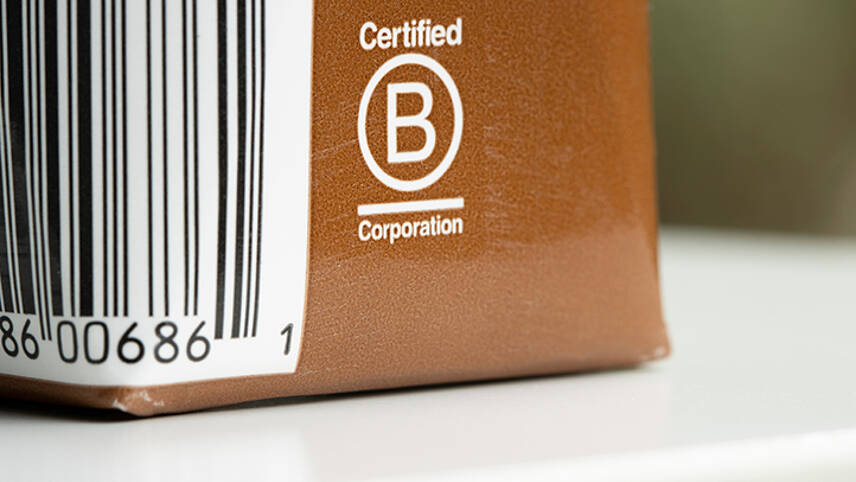Register for free and continue reading
Join our growing army of changemakers and get unlimited access to our premium content

B Lab, the nonprofit that certifies B Corps, has this week launched a new round of consultations on its proposals to change certification and recertification requirements. This will run until 26 March.
B Lab Global’s head of standards, certification and product delivery Clay Brown said the body has “reached a vital juncture in the evolution of B Corp standards”.
In other words, there is a need to ensure that the standards promote businesses that are actively and meaningfully being a “force for good” for the environment and society as global crises escalate.
“Evolving the standards is not just about redefining business norms; it’s about scripting a new narrative for the future of our planet and society,” Brown added.
B Corp is one of the world’s most popular certification schemes for purpose-led businesses. More than 8,000 businesses and brands across 95 countries have been certified to date.
Proponents of B Corp often highlight a requirement for businesses to outperform peers across a range of environmental, social and governance issues. Performance must be evidenced through an in-depth application process called the B Impact Assessment.
Another widely-liked aspect of the certification is the fact that it is not permanent. There is a requirement for recertification every three years, which is only granted if businesses improve their overall score.
But the B Corp certification process has come under increasing scrutiny in recent years, particularly with the certification of larger and more controversial businesses including several Danone subsidiaries and Nestle-owned coffee brand Nespresso Global. As an aside, multinationals exceeding a certain size cannot apply for B Corp status as of yet, but B Lab is exploring a specific scheme for these firms.
Questions are also being asked about whether firms in certain industries should be barred from certification altogether, including high-carbon sectors and those with widespread links to human rights abuses. Debate is lively about whether any potential bans should also extend to organisations indirectly involved in these sectors through the provision of goods or services – for example, software, consulting or PR firms that work with fossil fuel companies.
Moreover, some businesses have either dropped the B Corp label voluntarily or been ousted from the certification scheme, including the likes of BrewDog. BrewDog was stripped of its B Corp status in late 2022, less than two years after certification, following a BBC Disclosure programme which exposed aspects of a toxic workplace culture.
What could change?
It is hoped that B Lab will be ready to implement new standards in early 2025. Phased implementation is under consideration to ease the burden on companies.
B Lab first began consulting on new standards in late 2022. It revealed the results of this first consultation in May 2023, after receiving more than 1,000 responses.
More than eight in ten of the respondents, representing a mix of certified and uncertified brands, believe the proposed changes will result in high enough standards to enable members to make “meaningful progress” on social and environmental issues.
A key change will be the way in which businesses can score points on the B Impact Assessment. At present, organisations can score many points in some categories but few in others, and still certify. B Lab calls this a “flexible” scoring mechanism. It is set to implement a more “fixed” approach, whereby organisations will have to score highly across a range of core topics to certify.
B Lab is also proposing changes to eligibility criteria to better reflect the needs of firms with ‘Impact Business Models’ – those which exist purely for an environmental or social cause and which may find it hard to, for example, reduce their environmental footprint over time, as it was already low or perhaps net-positive to begin with.


Please login or Register to leave a comment.